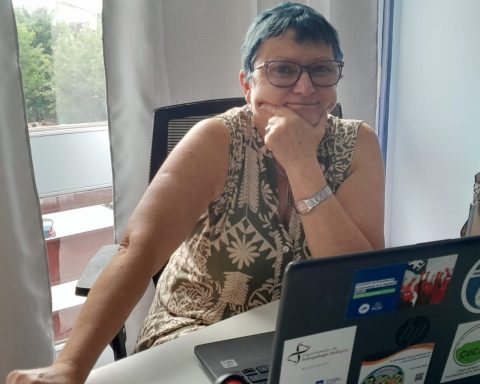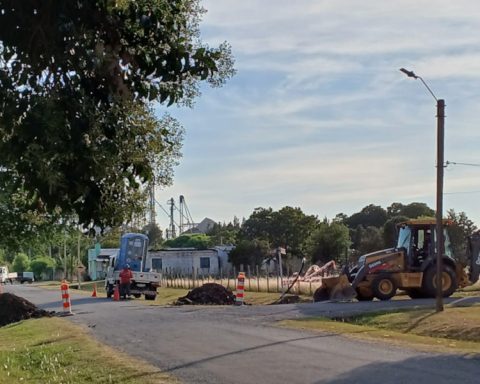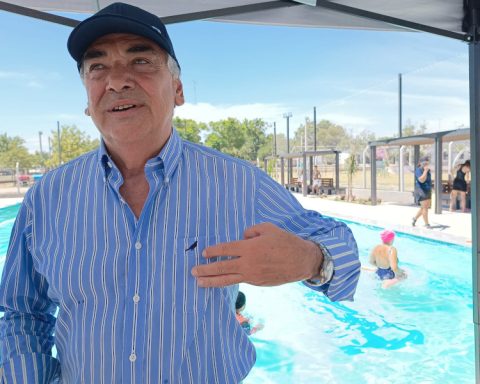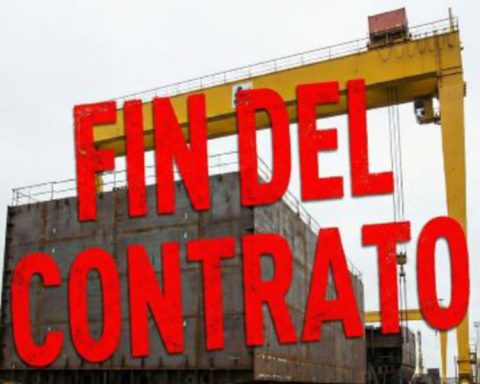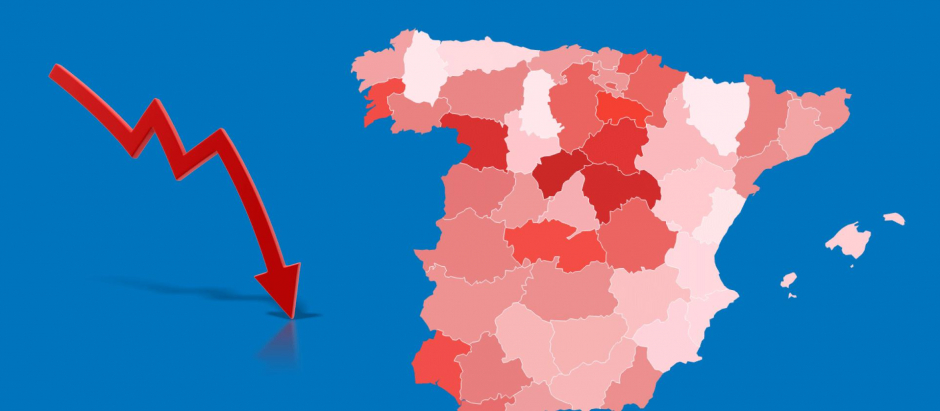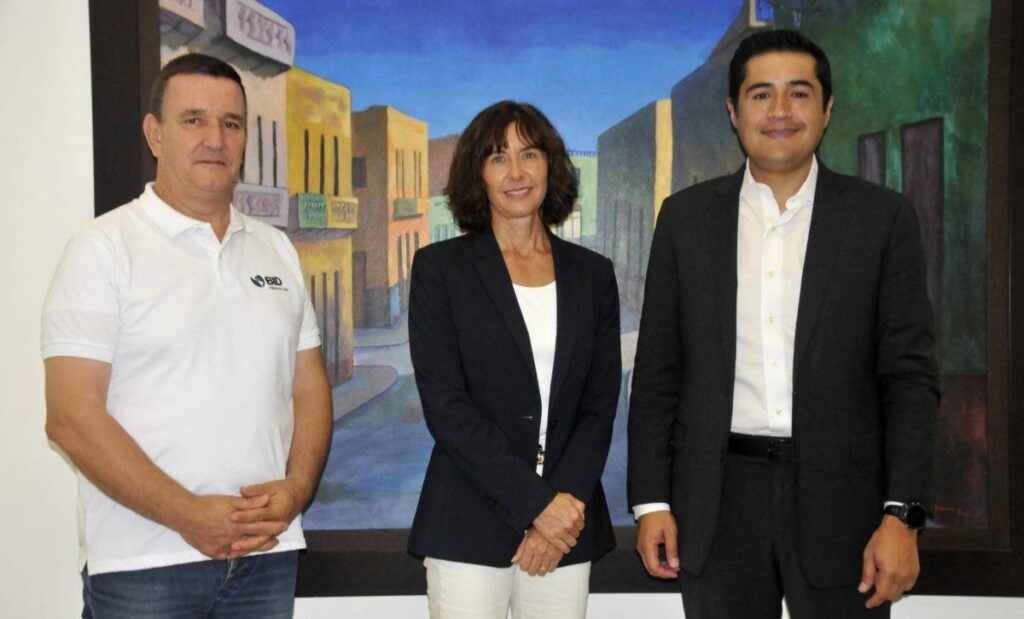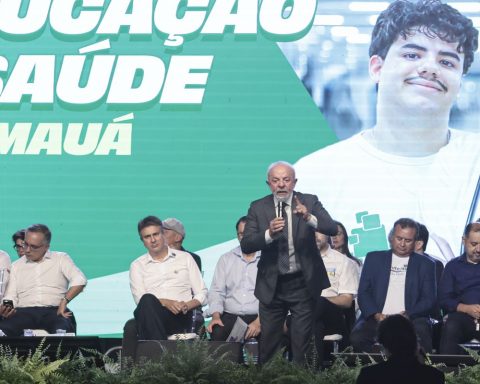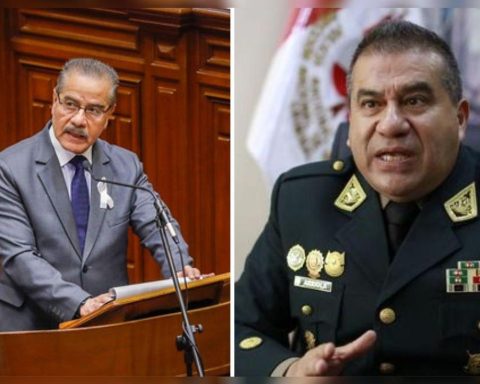The Central Committee of the Socialist Party (PS) issued a statement in which shared his diagnosis of the management headed by Luis Lacalle Pou —social security reform, insecurity and freedom of the press, for example—, as well as of regional political context —the judicial situation of Cristina Fernández, the constitutional reform in Chile and the elections in Brazil—. He also reported on the new composition of the Committee Y the new organizational chart of the group.
“We have reached the middle of the government period. The worst projections have been confirmed that we did at the time”, states the text. The Frente Amplio sector pointed out that the “concentration of wealth, destatization and commodification of public services, institutional violence and criminalization of protesthave been the pillars of this government’s policy in favor of big business and wealth and against the working class and the great majority of our people”.
According to the text issued this weekend, “An expression of this has been the reduction in wages and real retirement, in a context of an economy that is growing. Also what has left us the rendering of accounts as a balance of public spending assigned and executed so far. In 2021 compared to 2019, fewer resources have been given to ANEP (-150 million dollars), ASSE (-70 million), UDELAR (-40 million), living place (-50 million), Power of attorney (-45 millions). The greatest impact is on investments in education and housing, central issues for the dignified life of our people, in which the deterioration is notorious.“.
“While the effects of these policies deepen, we are witnessing a growing mobilization of actors and social organizations of the popular movement”says the Central Committee and highlights the “massive march” of the Federation of Housing Cooperatives for Mutual Aid (Fucvam) Y the occupations and mobilizations of the student centers in protest to the curricular reform carried out by the National Administration of Public Education (ANEP).
Social security and insecurity
On the other hand, the statement also refers to the social security reform that the Lacalle Pou administration intends to carry out and criticized the proposition that people must “work more years to sustain the system.”
“The insistent proposition that given that life expectancy has increased, and taking into account the demographic reality of the country, people must work more years to sustain the system, it is as simplistic as it covers up other realities. In Uruguay and in the world life expectancy is not the same among the poor as among the richit is also not evident that the longest life span, the result of scientific and technological advances produced by work and human intelligence, should necessarily be devoted to work”, values the PS.
Furthermore, the text states that “The wealth produced by Uruguay has multiplied by three since the reform of 1995 and that should be the focus of the discussion when it comes to defining who should contribute more to sustain a system of social protection”.
Likewise, the PS criticized the previous reform: “AFAPs were introduced with the promise of solving the sustainability problems of the system, however, as happened in other countries that evaluated results and returned to an entirely public system, The administrators obtained profits with the workers’ money, but the sustainability problems were not resolved.“.
On insecurity, the text points to homicides (there were eleven homicides in the last six days) and ensures that “The national government insists on a wrong policy instead of investing in comprehensive violence prevention strategies.
On the other hand, in relation to the problem of drug trafficking, It refers to the delivery of the passport to the criminal Sebastián Marset, but also to the Law of Urgent Consideration (LUC). “The scandalous episode of the passport commented on these days is symptomatic, but the problem is deep and even more serious: to give an example, The LUC has paved the way for drug trafficking by favoring money laundering by allowing cash transactions for up to more than 100 thousand dollars”, states the statement.
Privatization and freedom of the press
The group also targeted “the privatization policy carried out by this government, in this case on a vital resource such as water potable whose public nature is enshrined in the Constitution”, in relation to the fact that “Last August 25 The Minister of the Environment stated in Florida that The national government will prioritize the construction of the Neptuno or Arazati project”.
The PS made reference to the fact that Uruguay “is on a downward path in terms of freedom of the press as has been pointed out from inside and outside the country“: in May, after a methodological change in the composition of the ranking, Uruguay fell 26 places in the Freedom of the Press index compiled by Reporters Without Borders.
The text of the Frente Amplio sector refers to the “Attacks by government actors on media workers” Y “the initiatives that promote to favor with public resources a few companies linked to the media system”.
On Tuesday the 23rd of the previous week, the nationalist senator Graciela Bianchi accused the director of the TV Ciudad news program, Edward Preve, of operate politically and assured that “took care of him” amid the coronavirus pandemic, when the journalist He was cut from channel 10.
